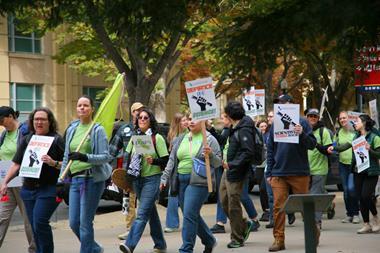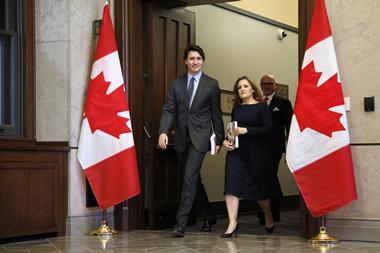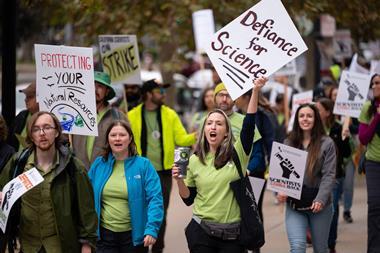The National Institutes for Health (NIH) has announced that it will substantially increase pay for the more than 17,000 early-career researchers supported by the agency’s National Research Service Awards (NRSAs), as well as increasing childcare subsidies.
The stipends for predoctoral scholars will rise by approximately 4% to $28,224 (£22,517), and those for postdoctoral scholars will jump by about 8%, with salaries starting at $61,008 and will rise based on experience. The agency aims to further increase pay over the next five years to reach the NIH Advisory Committee to the Director’s recommended starting stipend of $70,000 for postdoctoral NRSAs.
‘This is a significant step given a relatively flat NIH budget,’ explained Mike Lauer, the NIH’s deputy director for extramural research in a blog post. ‘The approach allows for an immediate stipend increase without drastic cuts to the number of available awards.’ He said this is the most substantial year-on-year increase for NRSA stipends since 2017. In addition, eligible recipients will also receive a $500 increase in childcare subsidies from $2500 to $3000 and another $200 for training-related expenses.
‘NIH is committed to improving the experience of postdoctoral scholars and helping them thrive in a competitive biomedical research environment,’ Lauer stated. ‘I believe implementation of these recommendations will go far in giving these scholars the sense of job security and career prospects that will lead to long careers in biomedical research.’
The reaction from the research community was upbeat. ‘This is where I see the pay increase as a big win. I’ve seen a lot of departments/unis use those stipend levels as caps for what students and postdocs can be paid,’ stated Joy Franco, a postdoc at Harvard Medical School in Boston, in a post on the social media platform X, formerly Twitter. ‘It will be a lot harder for them to justify setting a paycap that’s below NRSA levels,’ she added.
The American Society for Biochemistry and Molecular Biology (ASBMB) was also enthusiastic, applauding the NIH for supporting the next generation of scientists by increasing predoctoral and postdoctoral pay. ‘Policy changes like this are one vital part of ensuring a strong Stem workforce and thriving research enterprise,’ stated Sarina Neote, ASBMB’s director of public affairs. ‘However, to protect and strengthen America’s research leadership, both today and tomorrow, we must fully fund NIH, especially basic science research.’
Late last year, more than 5000 early-career researchers at the NIH voted by an overwhelming majority to form a union. They were primarily motivated to fight for improved pay and working conditions and enhanced protections against harassment and excessive workloads.

















No comments yet